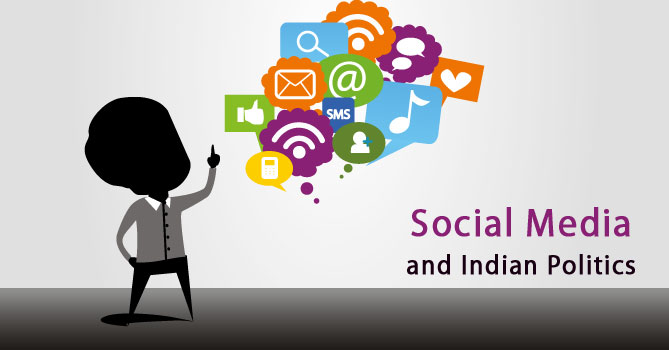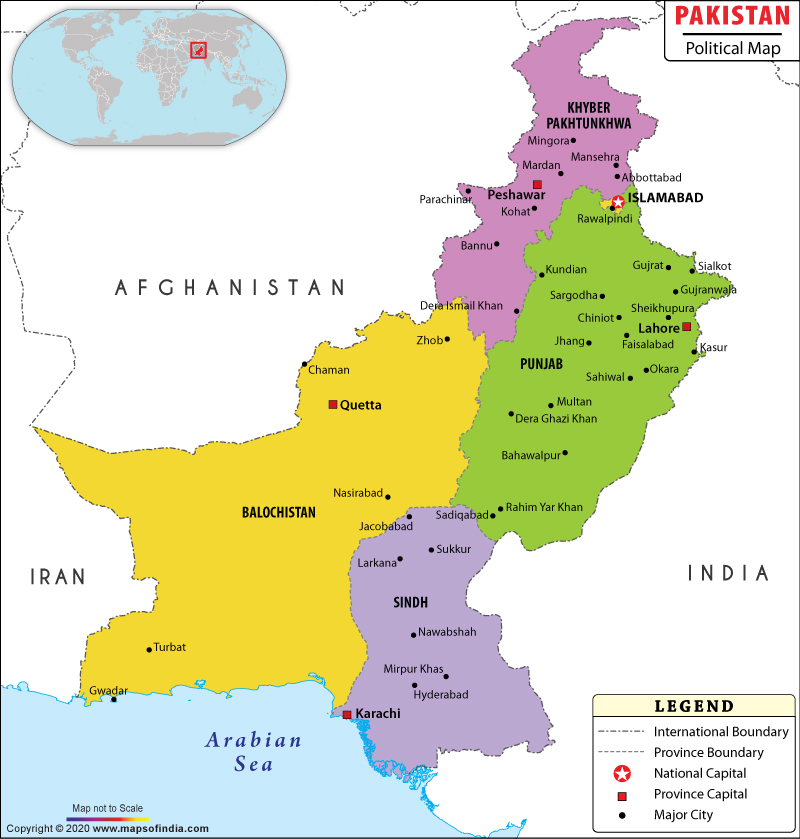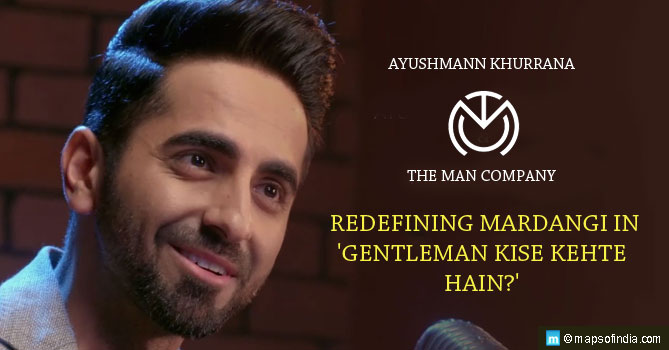There is no gainsaying that the expanse of social media has increased and everything associated with our daily life is now discussed on various social media platforms. Indian politics is a very big topic and a considerably large portion of the Indian population is interested in it. As far as the recent events in Indian politics are concerned, people have reacted in social media in a motley of ways. Starting from the controversies related to the anti-India sloganeering in Jawaharlal Nehru University to the processions brought out in Jadavpur University, people have been pretty vocal in placing their opinions on various social media platforms.
There have been mixed reactions with respect to the events that took place in the Jawaharlal Nehru University. Some people have whole-heartedly condemned the sloganeering incidents and on the other hand, some have vehemently protested the arrest of Kanhaiya Kumar, the President of the University Students Union, terming it as a blot on democracy and freedom of speech.
When Smriti Irani spoke in the Lok Sabha regarding the suicide of Rohith Vemula, a student of the Hyderabad Central University, many social media enthusiasts dubbed it as more on rhetoric than on facts. As a result of this, the BJP High Command told her to restrain her speeches and go slow on her emotions. Such is the strength of social media.
When the Union Budget 2016-17 was tabled by Finance Minister Arun Jaitley, significant uproar was heard both inside the house and outside, among the people. The simple reason is that retirees will have to pay a retirement tax at the time of final withdrawal on 60% of the contributions made after 1 April 2016, to Employees Provident Fund (EPF) and other schemes. Earlier, this was tax exempt. As a direct consequence of this protest or uproar, the government has somehow softened the stand and is pondering over whether a partial rollback is possible. Social media plays a key role here. Had it been 20, 15, or even 10 years back, the reaction would not have been so loud.
There is not an iota of doubt that social media has been instrumental in transforming Indian politics. The rise of the Aam Admi Party and its capturing of Delhi is a prominent example. The party extensively used social media campaigns to ensure its victory in the capital state and its efforts paid off voluminously. Hashtag wars took place and engagements on Twitter and Facebook were noteworthy. Political parties, which resorted to conventional style of campaigning, could not taste success.
If we closely observe the elections held in India over the past few years, we will see that social media has played the role of a game-changer in the world’s largest democracy. Before the Lok Sabha elections 2014, Narendra Modi, the prime ministerial candidate of the NDA and the former Chief Minister of Gujarat, was mocked as “Chaiwala” by the rival Indian National Congress. However, he being one of the most tech-savvy politicians in India, rightly silenced his critics by engineering a landslide victory in the Parliamentary Elections. Now, what’s the secret behind this? Social media campaigns, of course. Hence, it is proved that if you realise the potential of social media, then you can use it rightly to make a strong impact on politics. The day is not far when social media will be an indispensable tool for the Indian politicians.
Read More…
#YearInReview: The Hashtags That Trended on Social Media in India in 2016




